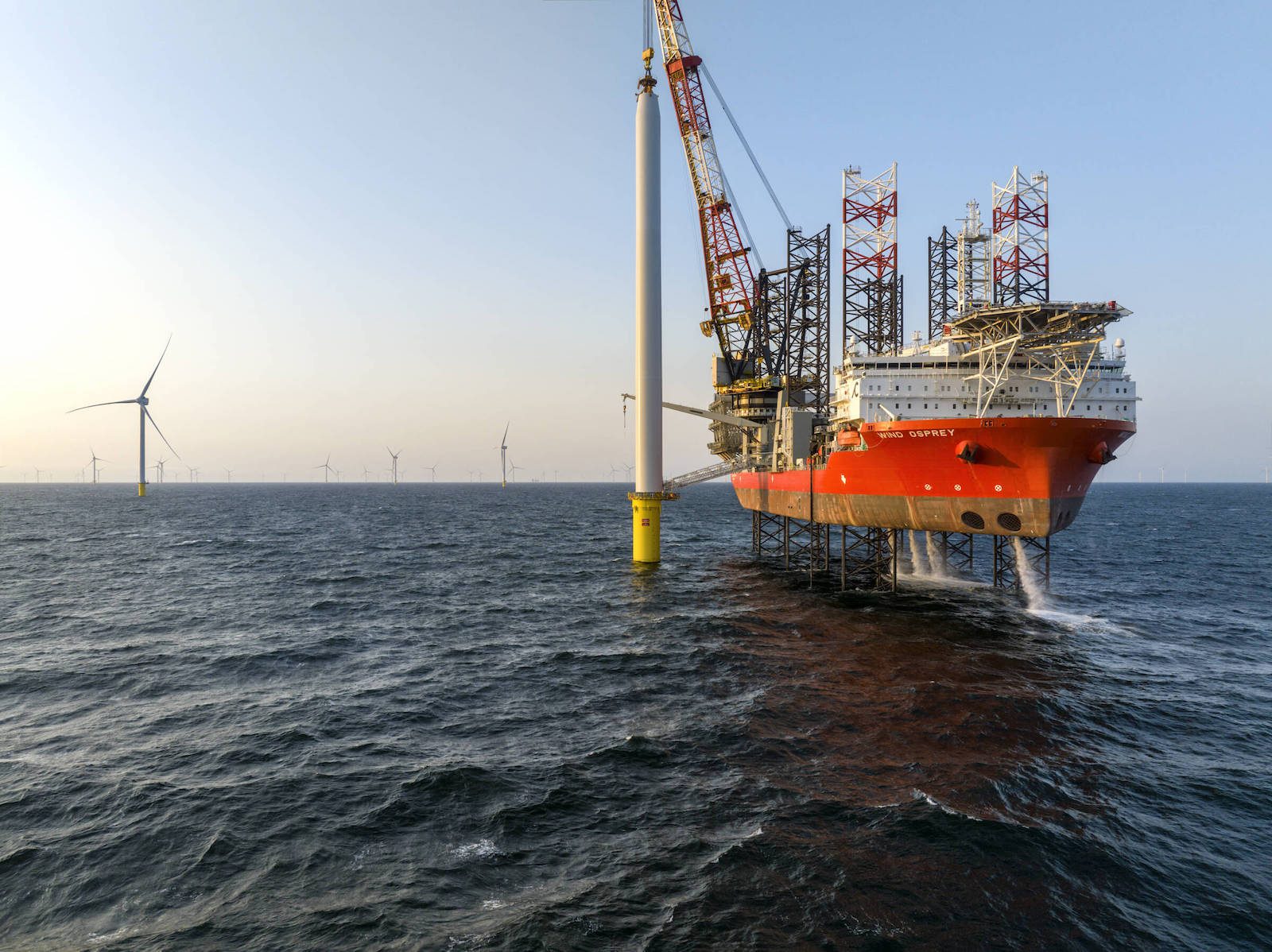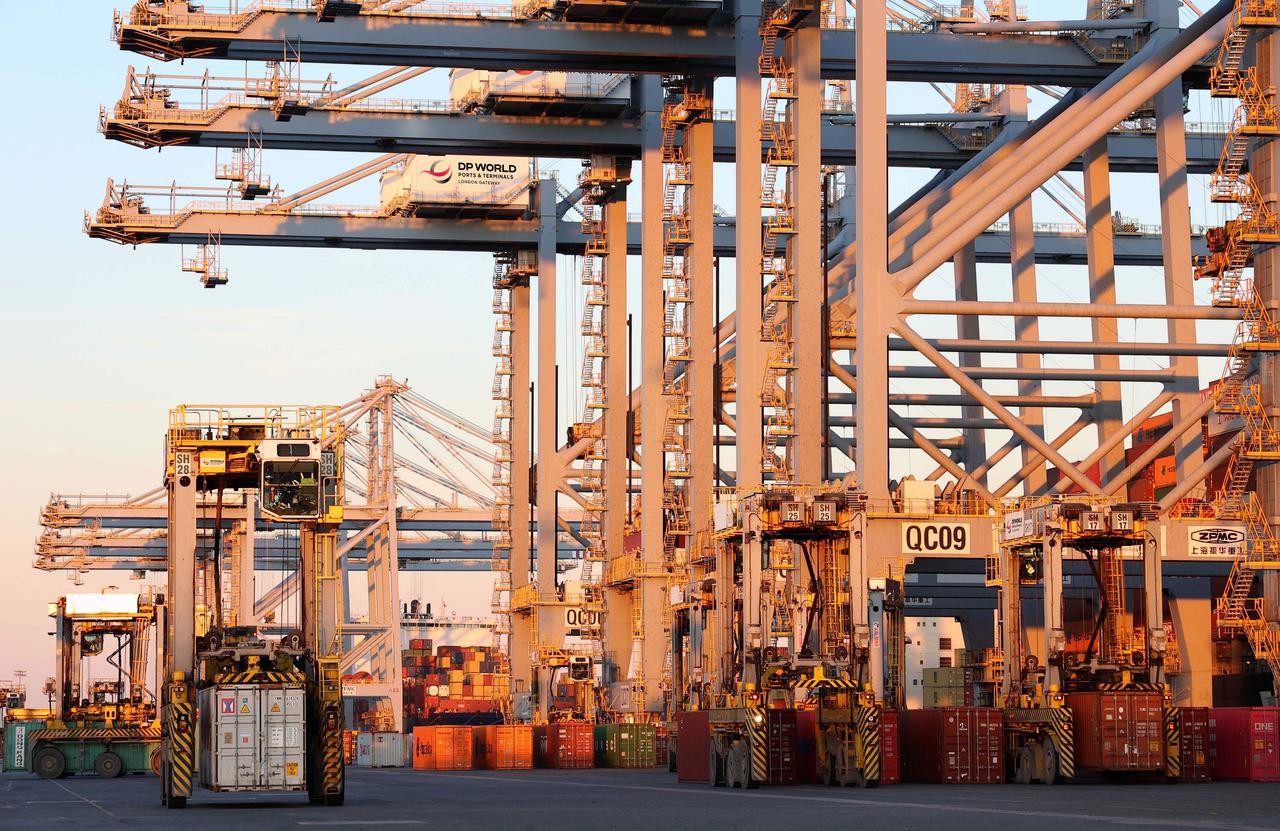Heidrun – Photo Øyvind Hagen – Statoil
OSLO (Dow Jones) –Norwegian oil giant Statoil ASA (STO) has said it will lose about 115 million kroner ($19 million) a day due to a strike by offshore workers, and said that deliveries to customers could be disrupted.
About 700 oil workers are striking after wage negotiations broke down Sunday due to a disagreement about retirement age. Labor unions are angry because Statoil has removed a lucrative early retirement deal, but the Norwegian Oil Industry Association, which represents employers, refuses to discuss retirement as a part of wage settlements.
The Oseberg Field Centre and the Oseberg South and Oseberg East fields in the North Sea will be shut down, which takes up to five days, Statoil said, estimating a loss of NOK75 million a day in lost revenue. The closure of the Heidrun field in the Norwegian Sea will cost NOK40 million a day, it said.
“Given the extent of the strike on the Oseberg Field Centre and the Heidrun platform, it will neither be practical nor justifiable from a safety perspective to maintain production,” Oystein Michelsen, a Statoil executive vice president, said in a statement Sunday.
Norway was the world’s seventh biggest oil exporter in 2010 and the world’s second largest natural-gas exporter in 2009, according to Statistics Norway. Disruptions in production here could lead to higher oil prices.
The Tjeldbergodden plant on the northwest coast of Norway will also have to close by Monday or Tuesday, because the supply of natural gas from the Heidrun field will stop. Tjeldbergodden has about a quarter of Europe’s methanol production capacity and a liquefied natural gas plant with a capacity of 12,000 metric tons per year, according to Statoil.
Sections of the west coast Sture and Mongstad plants will be affected as well, Statoil said Sunday, adding that “this may disrupt deliveries to customers.” The company declined to elaborate further Monday.
The Sture oil terminal receives crude oil and condensates through a 115-kilometer pipeline from the Oseberg Field Centre, and is owned by Statoil,Petoro AS, ConocoPhilips (COP), Exxon Mobil Corp. (XOM) and Total SA(TOT). It has about 250 oil and liquefied petroleum gas tanker calls every year.
Crude oil from the Heidrun field goes to the Mongstad terminal, where it is stored before being shipped to customers in North America, Europe and Asia. Mongstad, owned by Statoil and Petoro AS, is the second biggest oil harbor in Europe after Rotterdam.
The BP PLC (BP)-operated floating production and storage unit at the Skarv oil and gas field is supposed to start production in the fourth quarter 2012. BP doesn’t yet know whether production will be delayed into 2013 due to the strike.
“It’s too early to tell what the result will be, but the progress will stop. Hopefully not for long,” said BP spokesman Jan Erik Geirmo, adding that the company had permission to keep 126 workers on board Skarv, but that due to the strike only about 40 would remain.
Statoil is the biggest shareholder in Skarv, holding 36.165%, while BP holds 23.835%.
Over 800 workers will be taken to the mainland due to the strike, from the Heidrun platform, the Oseberg Field Centre and the offshore hotel Floatel Superior, located at Oseberg South. Personnel on Oseberg South and Oseberg East will stay on board for now.
– Kjetil Malkenes Hovland, Dow Jones Newswires

 Join The Club
Join The Club











